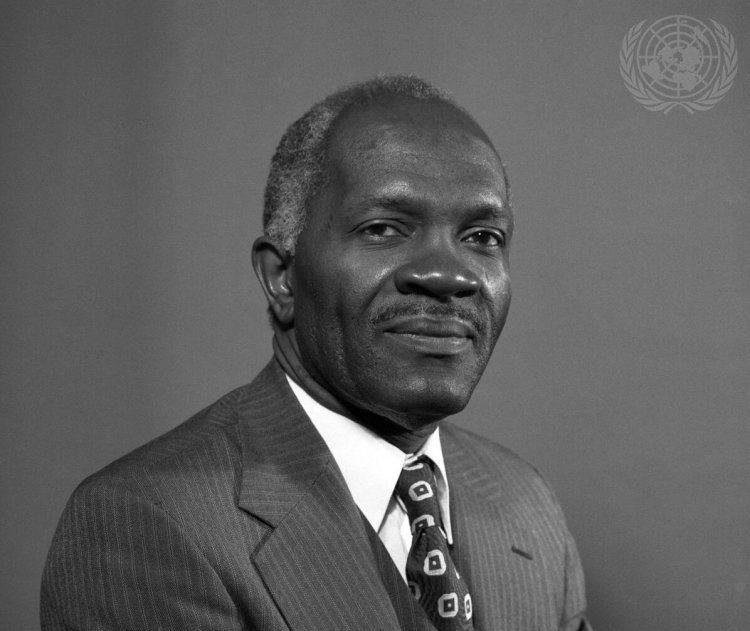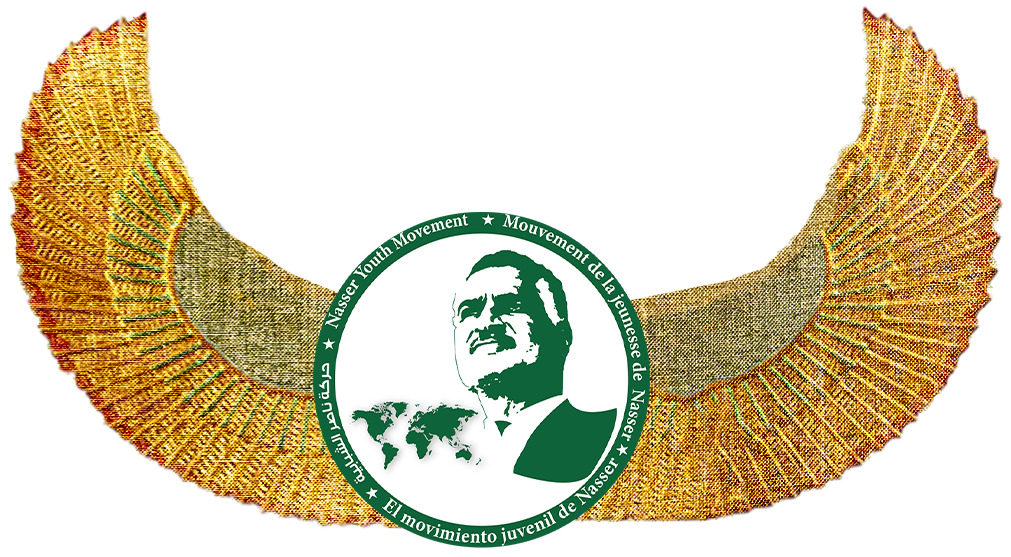Davidson Nicol... The African doctor who faced racial discrimination because of his skin color

Reviwedy: Wafaa El-houseiny
Translated by: Nour Elhoda Abdel Ghaffar
By Crepeso Diallo
Cognitive decolonization is not about standing against the Western knowledge system as a whole or suggesting that Westernization is a conspiracy theory. Rather, it is to achieve objective independence and justice for knowledge related to people who have previously been suppressed and marginalized culturally and historically at the level of individual and collective achievement.
Everyone knows that "Frederick Banting" and "John MacLeod" are credited with discovering insulin as a treatment for diabetes in 1921. However, few are familiar with "Davidson Nicol", an African doctor who faced racial discrimination because of his skin color after he obtained a scholarship with great difficulty and arrived in Britain to obtain a doctorate. Then, he succeeded in finding the first clues about how to produce and shape the structure of human insulin instead of animal insulin and analyzing the breakdown and resistance of insulin in the human body. This was an important step that led to a breakthrough in the treatment of the disease that not only targets blood sugar levels but also deals with heart-related complications, which ultimately led to a reduction in the mortality rate among diabetic patients.
Davidson Nicol was born on September 14, 1924, in Freetown, Sierra Leone. In 1943, Nicol traveled to Britain and enrolled in the University of Cambridge to study natural sciences. He then became the first African to graduate with First Class honors from the University of Cambridge. He applied to London Hospital Medical School to become a (cardiologist). At first glance because of his name, the college thought he was a white man, but when they realized he was African and black they refused to let him go to college. Later, a professor at the University of Ibadan helped him attend medical school. Indeed, he got his PhD and then started teaching in that college. In 1957, he returned to the University of Cambridge and was elected as a Fellow. During this period, he analyzed the breakdown and resistance of insulin in the human body and then discovered how to form the structure and produce human insulin. This was the thread that scientists traced in 1984 using genetic engineering and were thus able to produce human insulin. Human insulin is distinguished from animal insulin with the strength of its effectiveness and the lack of its side effects. Meanwhile, animal insulin was made from the insulin of pigs or cows and people had to get daily injections of it.
I do not care nor am I bothered that Davidson Nicol's name is obscure or ignored in the corridors of Western academies or is rarely present on the pages of major international science and nature magazines. However, the greatest tragedy lies in the fact that the production of knowledge intersects entirely with the context that generates a degree of inferiority for many people in the global south who do not see anything significant in the cognitive liberation stemming from exploration and research to highlight models such as Davidson Nicol or interest in local contexts. We can refer to Nkwazi Nkuzi Mhango's book “Decolonising Colonial Education: Doing Away with Relics and Toxicity Embedded in the Racist Dominant Grand Narrative”, in which he presented how Africans internalize knowledge and stereotypes when dealing with each other during and after decolonization, and how these concepts are reflected in studying and viewing academic or non-specialized materials.

